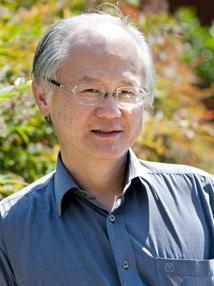BibTex format
@article{Roth-Walter:2021:10.1111/all.14478,
author = {Roth-Walter, F and Adcock, IM and Benito-Villalvilla, C and Bianchini, R and Bjermer, L and Boyman, O and Caramori, G and Cari, L and Chung, KF and Diamant, Z and Eguiluz-Gracia, I and Knol, EF and Kolios, A and Levi-Schaffer, F and Nocentini, G and Palomares, O and Redegeld, F and Van, Esch B and Stellato, C},
doi = {10.1111/all.14478},
journal = {Allergy},
pages = {90--113},
title = {Immune modulation via T regulatory cell enhancement: disease-modifying therapies for autoimmunity and their potential for chronic allergic and inflammatory diseases - An EAACI position paper of the Task Force on Immunopharmacology (TIPCO).},
url = {http://dx.doi.org/10.1111/all.14478},
volume = {76},
year = {2021}
}

